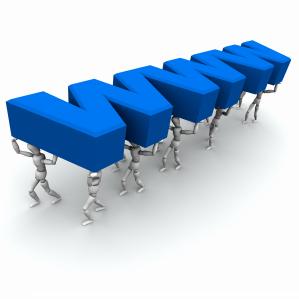
The Internet allows greater flexibility in working hours and
location, especially with the spread of unmetered high-speed
connections. The Internet can be accessed almost anywhere by numerous
means, including through mobile Internet devices. Mobile phones, datacards, handheld game consoles and cellular routers allow users to connect to the Internet wirelessly.
Within the limitations imposed by small screens and other limited
facilities of such pocket-sized devices, the services of the Internet,
including email and the web, may be available. Service providers may
restrict the services offered and mobile data charges may be
significantly higher than other access methods.
Educational material at all levels from pre-school to post-doctoral is available from websites. Examples range from CBeebies, through school and high-school revision guides and virtual universities, to access to top-end scholarly literature through the likes of Google Scholar. For distance education, help with homework
and other assignments, self-guided learning, whiling away spare time,
or just looking up more detail on an interesting fact, it has never been
easier for people to access educational information at any level from
anywhere. The Internet in general and the World Wide Web in particular are important enablers of both formal and informal education
The Internet allows computer users to remotely access other computers
and information stores easily, wherever they may be. They may do this
with or without computer security,
i.e. authentication and encryption technologies, depending on the
requirements. This is encouraging new ways of working from home,
collaboration and information sharing in many industries. An accountant
sitting at home can audit the books of a company based in another country, on a server
situated in a third country that is remotely maintained by IT
specialists in a fourth. These accounts could have been created by
home-working bookkeepers, in other remote locations, based on
information emailed to them from offices all over the world. Some of
these things were possible before the widespread use of the Internet,
but the cost of private leased lines
would have made many of them infeasible in practice. An office worker
away from their desk, perhaps on the other side of the world on a
business trip or a holiday, can access their emails, access their data
using cloud computing, or open a remote desktop session into their office PC using a secure Virtual Private Network
(VPN) connection on the Internet. This can give the worker complete
access to all of their normal files and data, including email and other
applications, while away from the office. It has been referred to among system administrators as the Virtual Private Nightmare,[38] because it extends the secure perimeter of a corporate network into remote locations and its employees' homes.
source:
http://en.wikipedia.org/wiki/Internet
source:
http://en.wikipedia.org/wiki/Internet
No comments:
Post a Comment